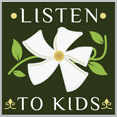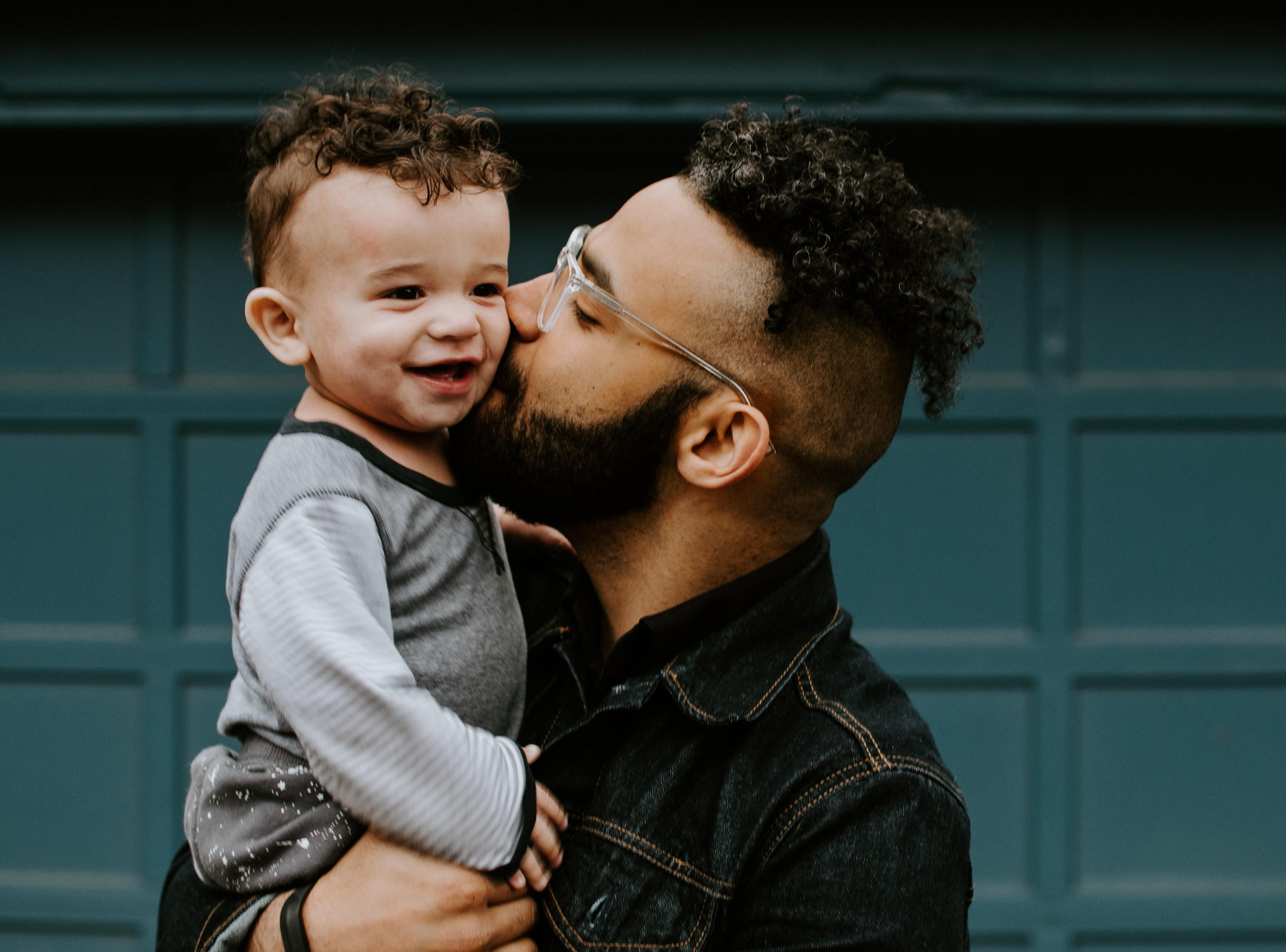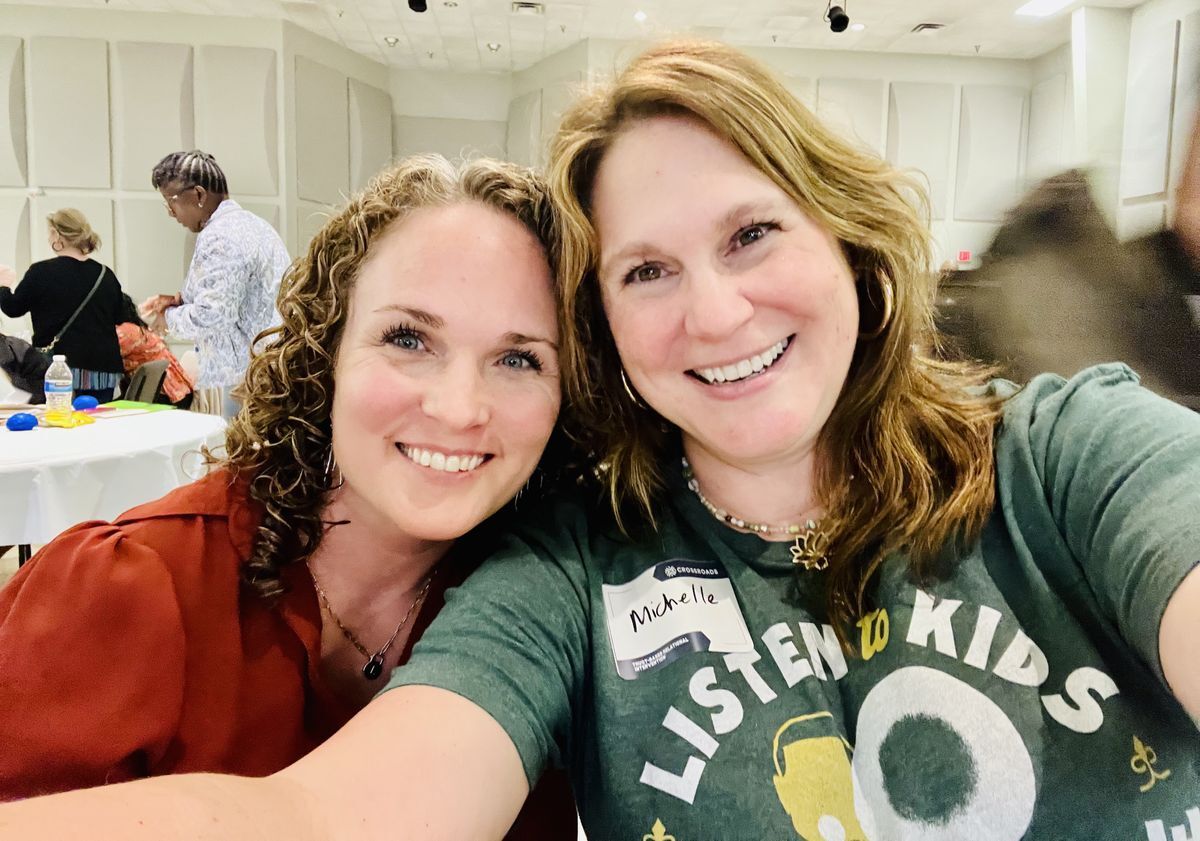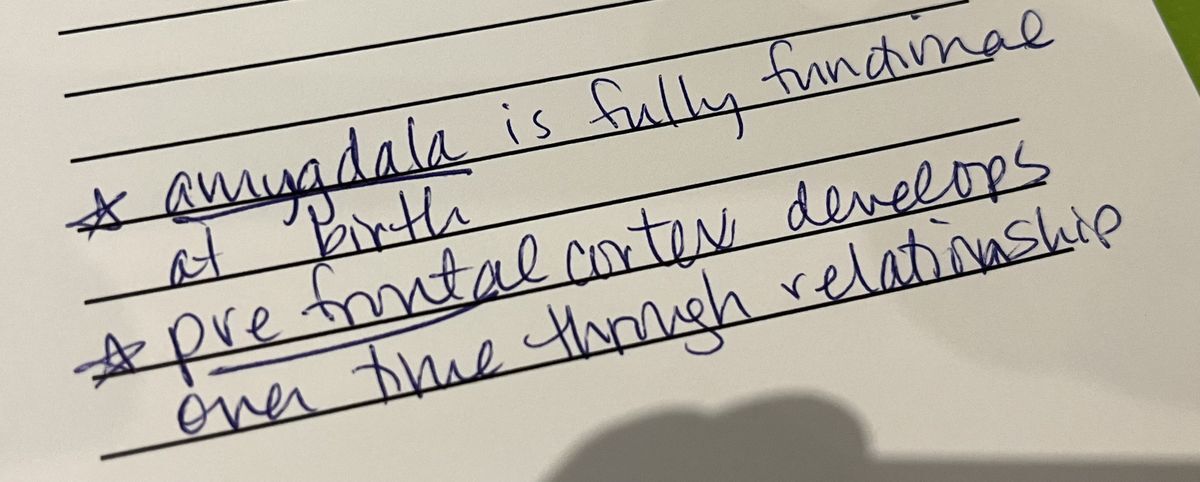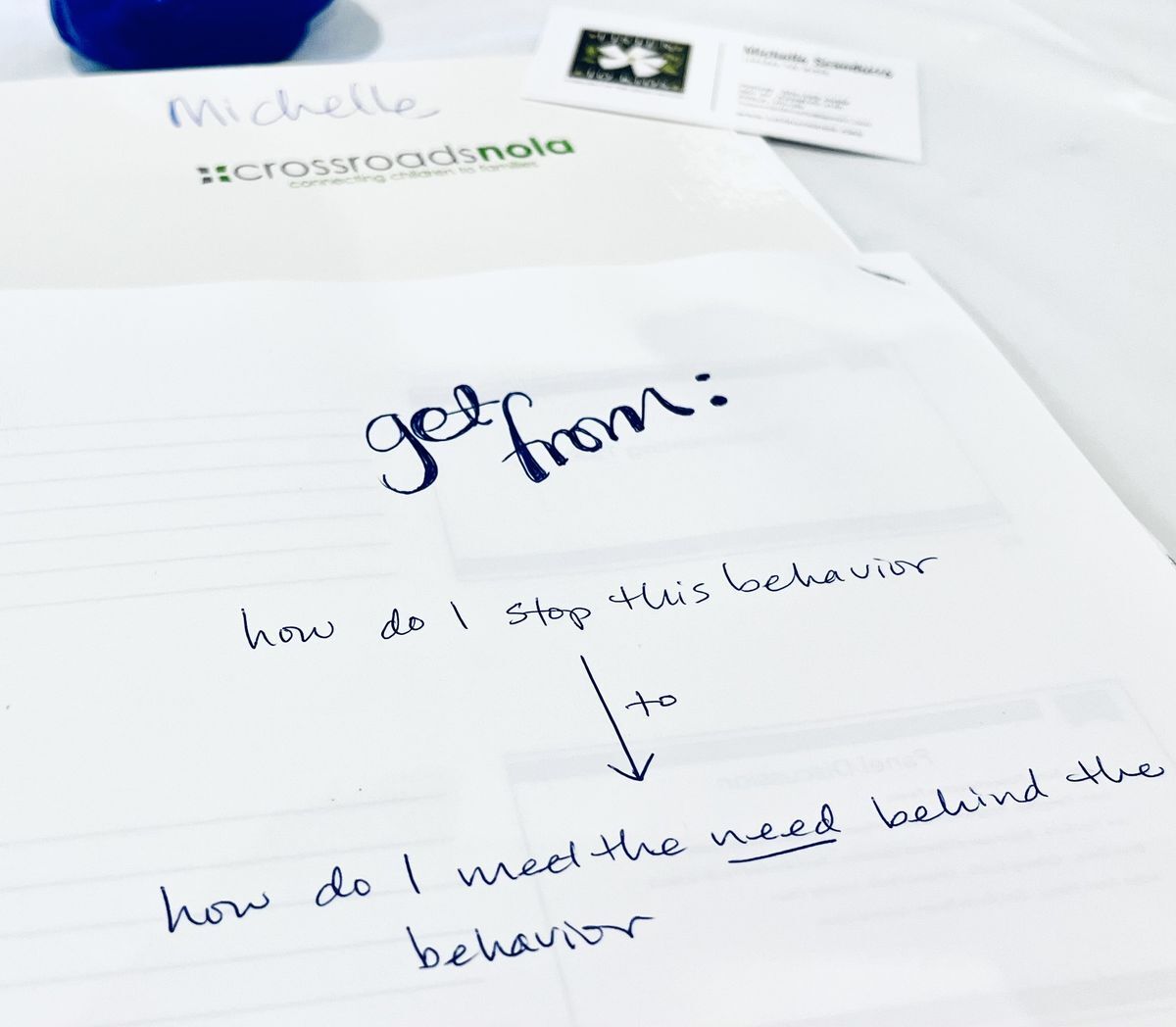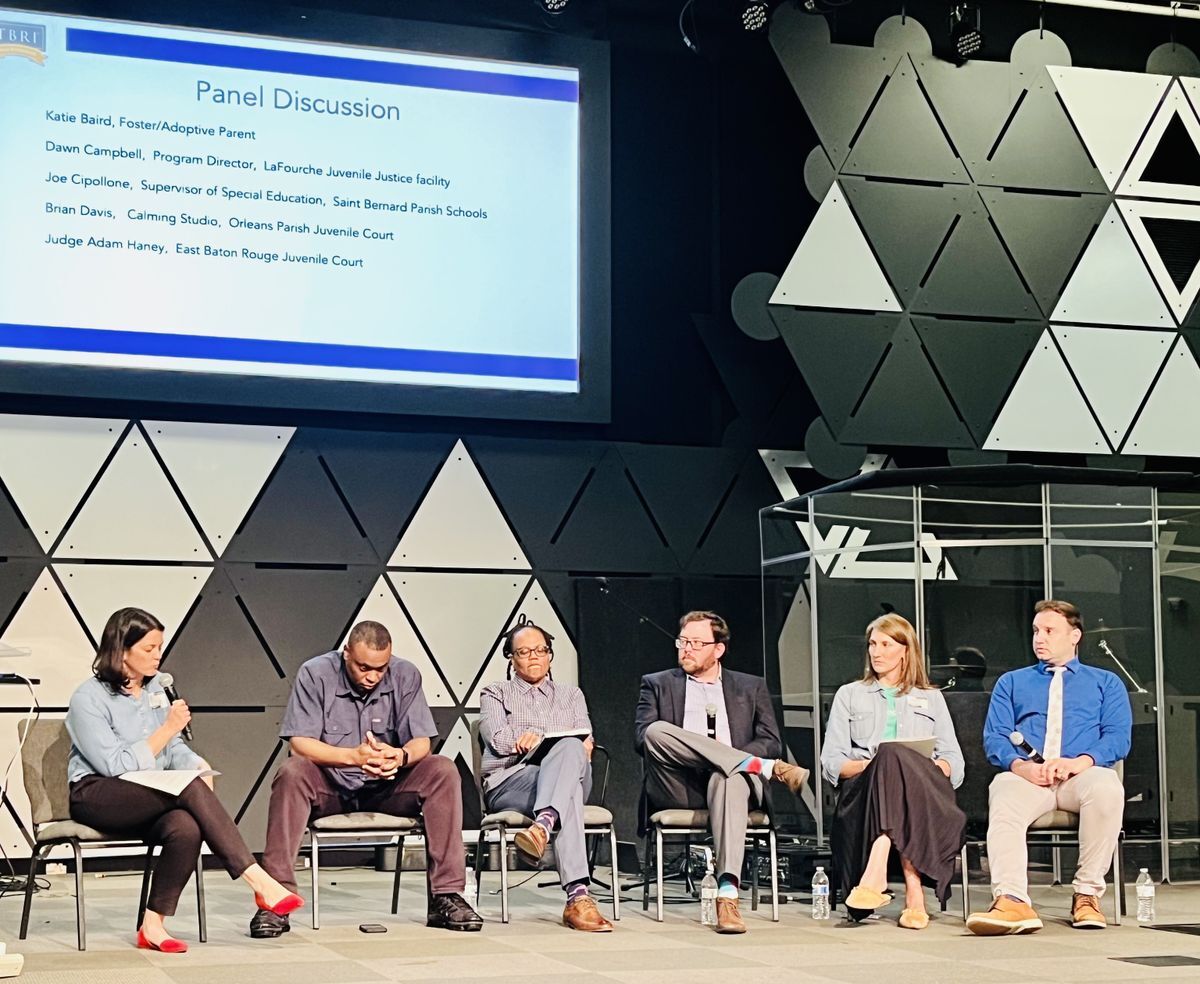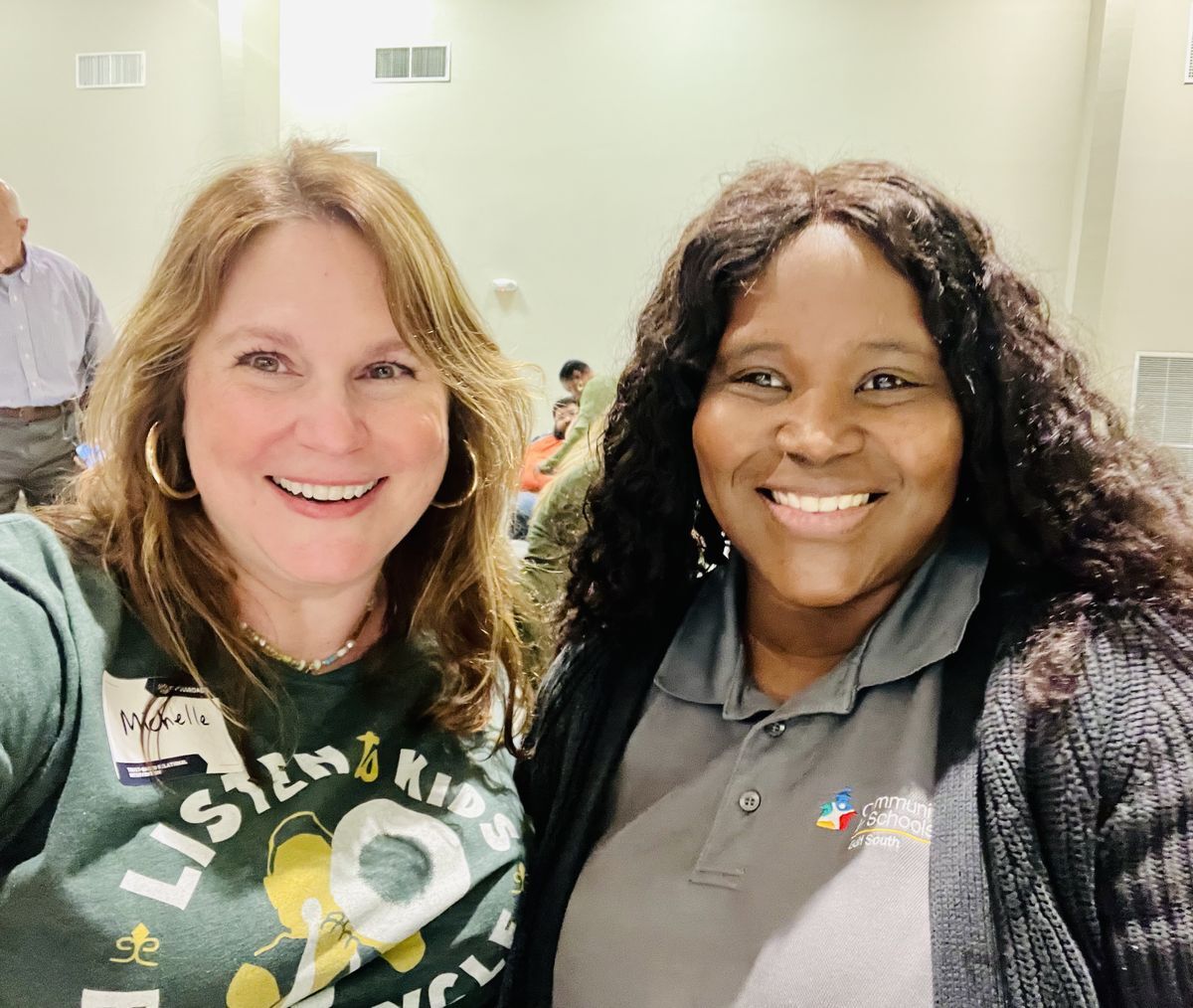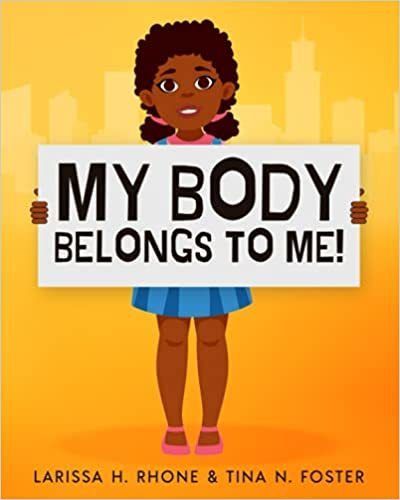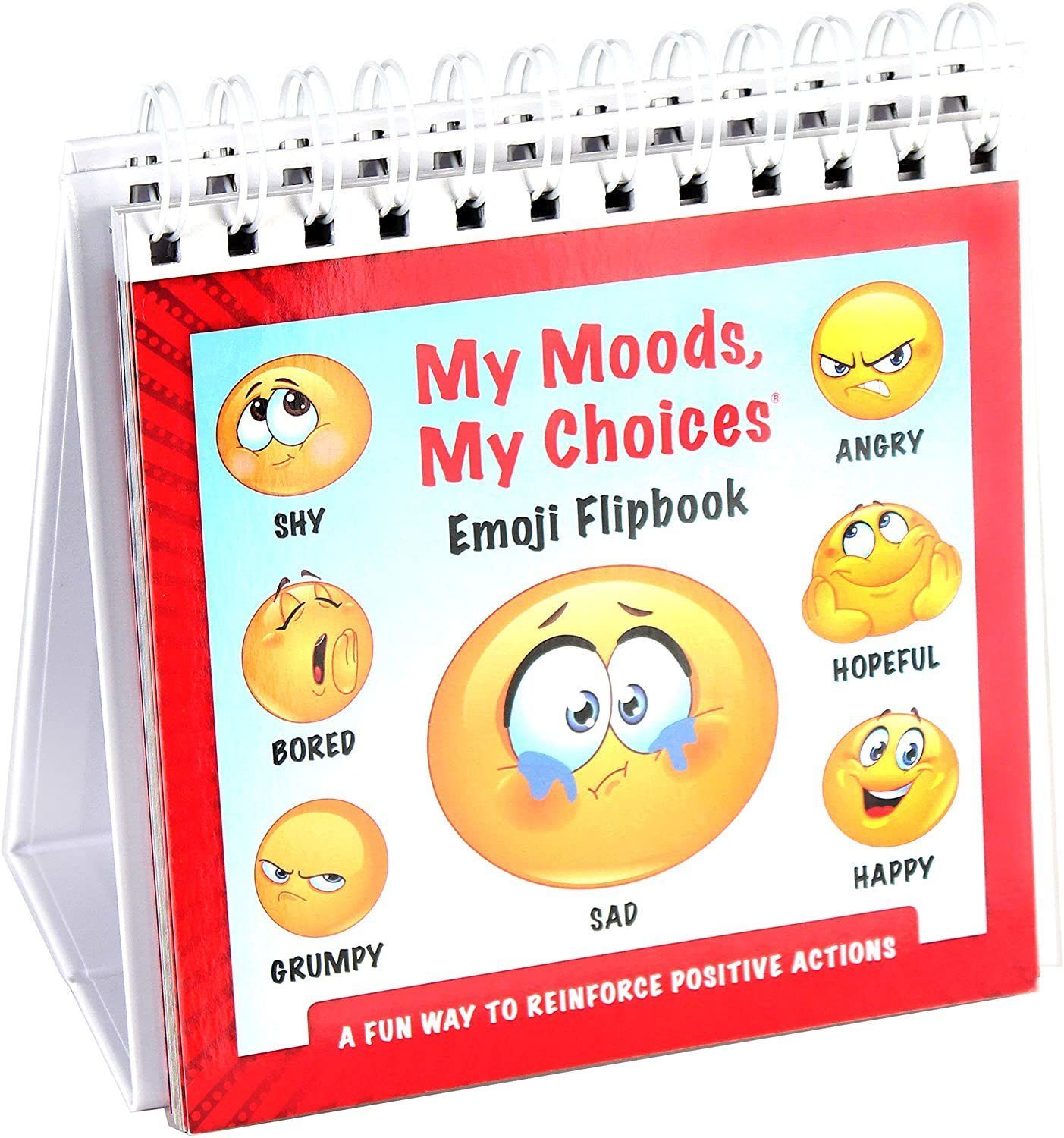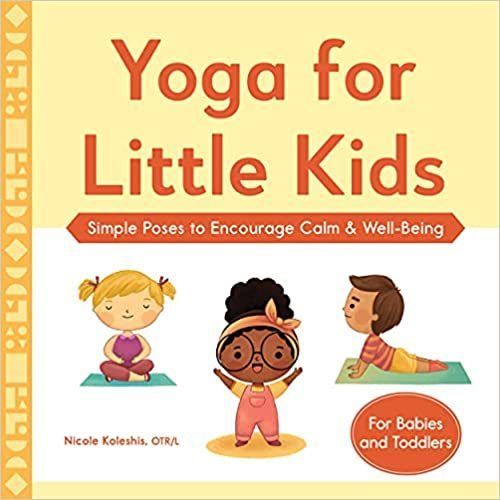TBRI
Trust-Based Relational Intervention
TBRI is a behavior modification/classroom management model developed by the Karyn Purvis Institute of Child Development at TCU. It was created specifically to help caretakers of kids with difficult pasts, kids with PTSD.
According to their website, "TBRI® is an attachment-based, trauma-informed intervention that is designed to meet the complex needs of vulnerable children. TBRI® uses Empowering Principles to address physical needs, Connecting Principles for attachment needs, and Correcting Principles to disarm fear-based behaviors. While the intervention is based on years of attachment, sensory processing, and neuroscience research, the heartbeat of TBRI® is connection."
A local nonprofit, Crossroads, offers local TBRI training and support. LPCs and social workers can earn CEUs for TBRI training, and many parents, coaches, and teachers seek out TBRI training as well. In fact, there are a few juvenile judges in East Baton Rouge parish who are TBRI trained and use the principles in their courtrooms.
It is a highly effective, rigorously researched and tested, and joyful way to work with any kids. I think every school's classroom management and discipline system should be based on TBRI.
Listen to Kids strongly recommends TBRI training, and we desire to financially support local counselors, case workers, and teachers who seek TBRI training.
Download: Homeland Security "How to Talk to Youth about Trafficking"
Emotional Intelligence Prevents Abuse
Studies have shown that the more emotional intelligence a child or teen has, the more likely they are to spot red flags of potential abuse before becoming victims.
Two KEY SKILLS of emotional intelligence are:
1) recognizing your own emotions & those of others
2) developing a wide range of coping skills to self-regulate
There are many wonderful resources available for parents & caregivers to teach kids both of these skills. We've posted a few of these documents below for you to download and use!
Children's Self-Care Coloring Sheet
How in the Heck Can I Talk to Kids About This?!?!
It's one thing to read a list of 10 ways to prevent child abuse. But #10 is a doozy! "Teach kids about child abuse & talk to them often about it." ?!?!?!?! You're probably thinking: "Well how in the heck am I supposed to do that?"
Don't freak out. We got you. I mean... I validate your need to freak out & will patiently wait for you to be ready for instructions after you've allowed all of your emotions to safely play out & observed what you learned about yourself. Freaking out is a normal response to the thought of talking to kids about abuse. (That was my Mindfulness Teacher-self speaking. Here she goes again:)
Let's breathe in slowly, feeling our tummies expand, then breathe out gently & as slowly as you can. Observe your belly sinking. Do it again. And a third time. Good work!
Now: Kids learn what they're allowed to talk about and what they need to keep secret from watching ADULTS. If we can talk respectfully and accurately about our own body parts, what abuse is (including physical, emotional, and sexual), why abuse is never okay, and how to respond to abuse or attempted abuse, our kids WILL feel comfortable talking about these subjects forever. And that's half the battle! Abuse can only exist in a shroud of secrecy. So for goodness' sake, TALK ABOUT SEX WITH KIDS!!!! (respectfully & accurately)
Here are some general guidelines to talking to kids about SEX, CONSENT, BOUNDARIES, and ABUSE:
- Be honest. Kids know when you're lying or being hypocritical, and when they can see that, they lose some trust in you. If they ask you about your sexual experiences, BE HONEST.
- Use anatomically correct terms for body parts. Especially private parts. And don't skip those!!!! While very few of us use the word "vagina" in casual conversation, it's important that kids understand the proper, biological terms for private parts, and know which parts of theirs are off limits to everyone. Trusted caregivers & doctors should still ask the child permission to touch those parts, and kids need to know they can say they feel uncomfortable at any point, even if it's a parent or a doctor. You can also teach them the slang terms that people use for private parts, so that if they hear those words they know what they mean.
- Follow through. If you tell a kid that their "bathing suit" parts are off limits, and then bathe them there without asking for permission, you're sending MIXED SIGNALS. Make sure your interactions with kids follow your own consent guidelines. "But he doesn't get himself clean!" Okay--then talk to him about it: "I need you to clean your own private parts. That's your responsibility for the rest of your life. Nobody should do that for you."
- Define "consent." Consent is permission for someone else to touch you anywhere, for any reason. You may decide you don't want to hug or even sit near someone, and that's okay! Expressing your consent or refusal of consent doesn't have to be an argument. You can teach a kid to say "Thank you, but I don't want a hug right now." or "I don't want anyone to touch me right now." Phrases you can use: "Your body, your choice." "It's your body; nobody else's." "You need to listen to your body." "Only you should choose how to use your body." "Choose what's healthy for your body."
- Define & discuss "privacy." Social media & the internet teach kids that privacy isn't valuable, or maybe even that privacy doesn't exist. We need to deliberately counteract that idea. Of course a kid has less privacy than an adult, but they still need their age-appropriate privacy (boundaries.) The concept of privacy as a basic right should be understood by every kid. Talk often about why you want or need privacy sometimes: maybe you need alone time after work to process the stresses of the day, perhaps you like to swim with a t-shirt on. These are great conversations to have with your kids, so that they get used to thinking about their own privacy needs & wants. Talk about what a closed door means in your house or agency. If a door is closed, can the kids knock on it? If the kids close the door to their room, can an adult just open it & walk in, or would it be appropriate to make a promise to always knock first and only enter when you receive permission or don't hear a reply? What about the bathroom?
- Practice giving consent & refusing consent. Role-play. If your kid finds herself in a situation with a predator, by definition that person will be older, larger and have more power than her. She may be intimidated & reluctant to say anything. So practicing playfully around the house when her boundaries are not really threatened can prepare her to have courage in a real situation. WORDS to refuse consent: "No." "No thank you." "I don't want that." "Stop doing that to me, please." "You're hurting me." "You're scaring me." ACTIONS to refuse consent: move or run away from the person, call out "Help!", get the attention of bystanders, make a big scene.
- Respect consent. One of the hardest things to do as a parent is to respect it when your child refuses consent. For example, if your own child refuses a hug from you, respect the decision, without anger. Don't keep asking for a hug after they've refused it. No emotional blackmail. Of course it's hurtful when a loving parent is refused a hug from their kid! But you're the adult in the room; deal with it on your own & don't place that baggage on your kid. Your kid having the courage to exercise consent is more important than you getting a hug. In fact, the strength to assert boundaries (politely) to an adult is a skill you should celebrate! On the other hand, a kid could misinterpret consent to mean that she can disobey you. PLEASE understand that this is a logical conclusion for a kid, and don't respond with rage. It's a learning opportunity. Kindly clarify the difference between "consent" & following the rules of the family. We're talking about interpersonal consent here. A kid still has to follow rules.
- Help them to think through what healthy choices are for their bodies. "Your body, your choice" does NOT mean there are no consequences if they choose to use drugs, or have casual sexual encounters. Help them to verbally reason through those thoughts when they come up. Yes, he can choose to eat 24 cookies right now. And his body will feel terrible for a long time as a consequence. If he's diabetic, he could end up in the hospital because of that choice. Choices in eating are a good way to practice and illustrate healthy body choices. As your kids get older, you can talk more about healthy sexual choices. What makes a healthy sexual partner? (mental health, lack of a power differential, trust, kindness...) How can I protect my body when engaging in sex? (birth control, disease prevention, etc.). How can I protect my mind when engaging in sex? (the courage to say when you're uncomfortable or want to stop, the ability to set limits on sexual activity before you begin...). Start having these conversations AS SOON AS YOUR KID IS SEXUALLY CURIOUS, regardless of how old he or she is.
- Be empathetic. YES it feels awkward for kids to talk to their parents about sex. Acknowledge that. Tell them you understand how they're feeling, and maybe you feel embarrassed, too. YES sex and body boundaries are extremely stressful when you're a kid!! Acknowledge that. Maybe let them know how stressful it was for you when you were young.
- Normalize talking about emotions. Get in the habit of describing your own emotions as specifically as possible. Talk to kids about what their bodies are telling you they might be feeling: "You look angry." "Are you tired? You're moving slowly." Talk about facial expressions & what makes someone look happy or scared. Recent neuroscience is telling us that our faces & our bodies know what we're feeling before our minds can express it. And our bodies give us the signals that we're in danger, or we need to express a boundary, or not give consent right now. The more kids can recognize this process, the more body & emotion awareness they can cultivate, the less likely they'll be victimized and the more likely they'll recover from PTSD if they are victimized.
Handouts for Teens
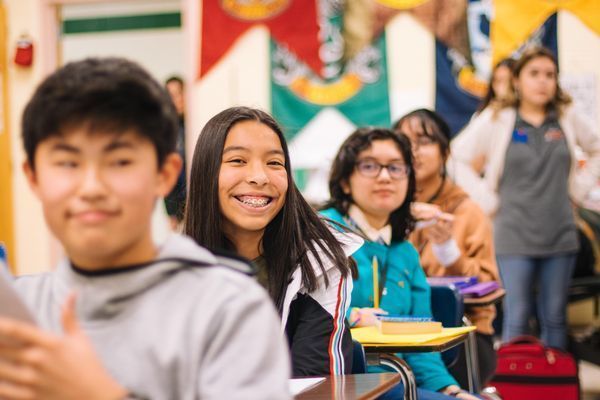
photo credit: Jeswin Thomas, Unsplash
In the summer of 2021, we gave a presentation to teens at the "Learning the System" summit in New Orleans. The title was "Youth Mental Health."
In reality, the stronger a kid's mental health, the less likely he or she will become a victim. And if they are victimized, mentally healthy people recover much more quickly and prevent chronic, major health risks such as addiction, depression, and suicidality that can develop years after a traumatic event.
To DOWNLOAD THE HANDOUTS we created for that summit, just click on the title(s) below.
Adverse Childhood Experiences (ACEs); How they affect your mental health.
Please make good use of them!! We won't mind if you reproduce & distribute them. Just give Listen to Kids a shout out when you do & send folks to our website for more information!



